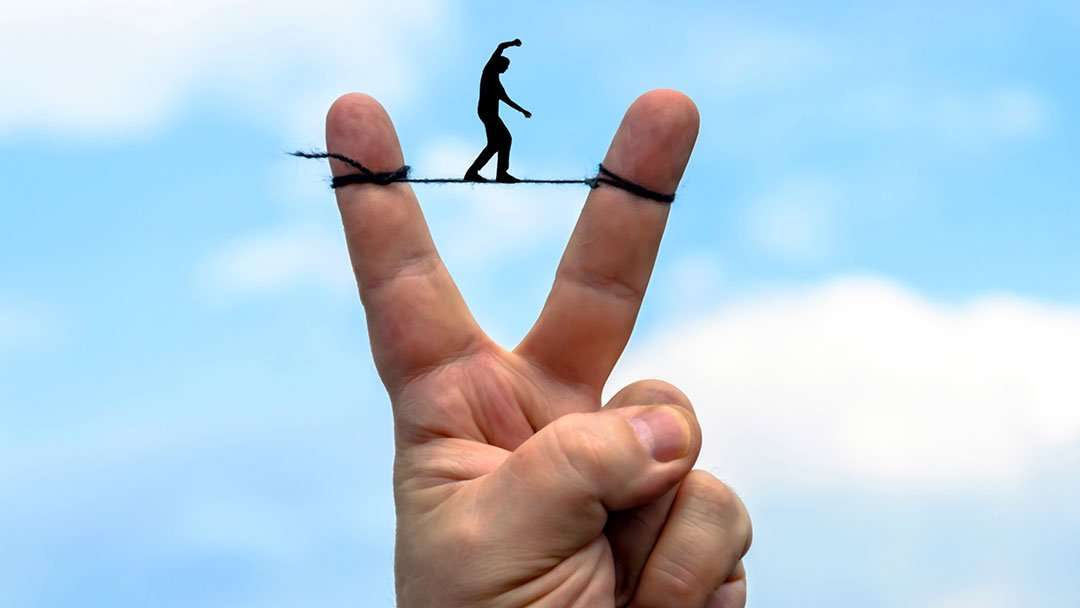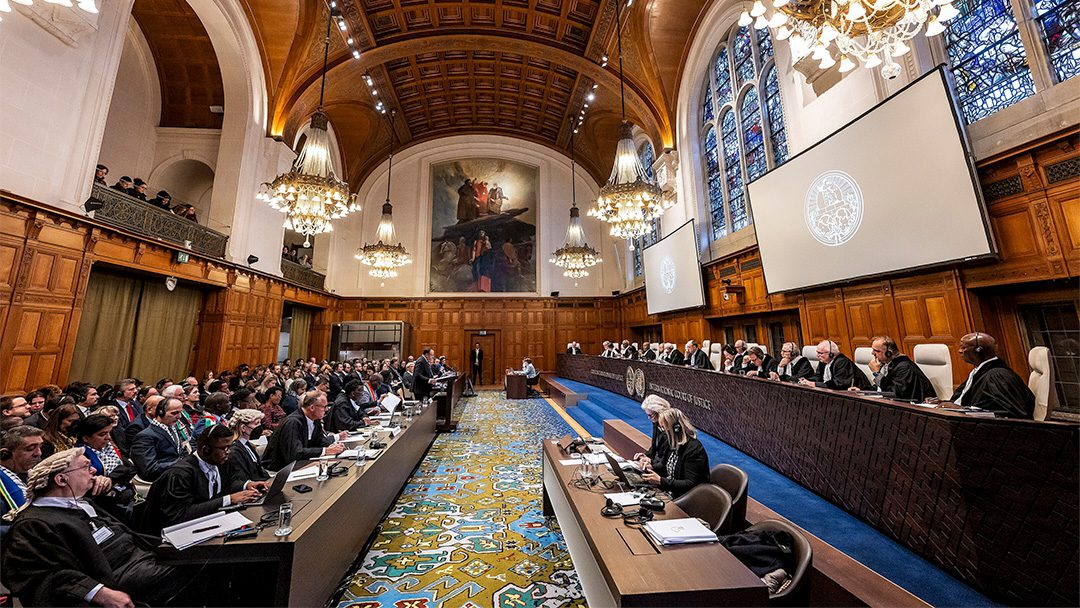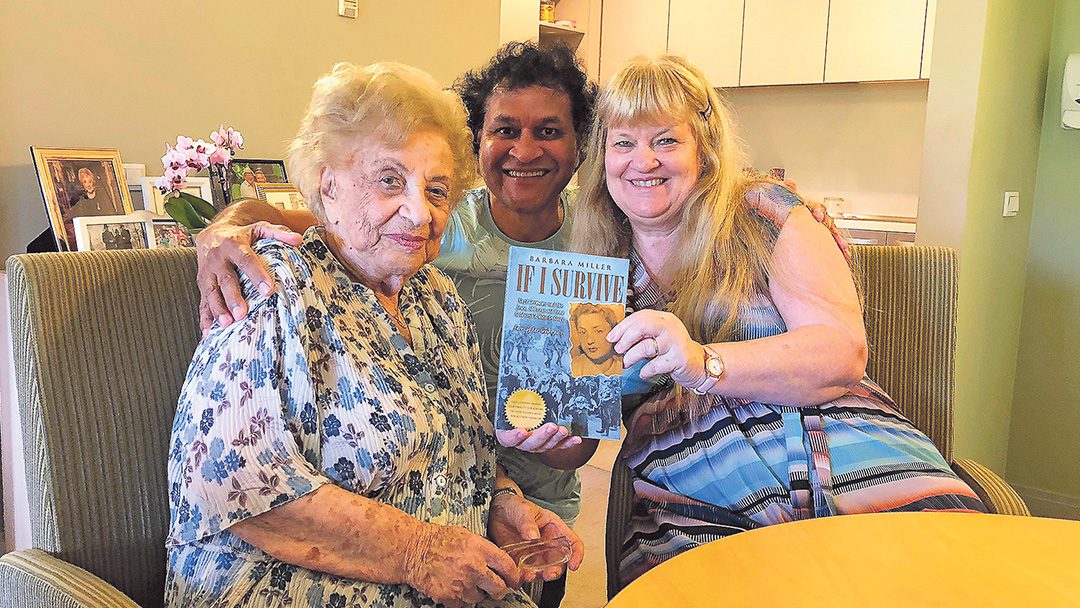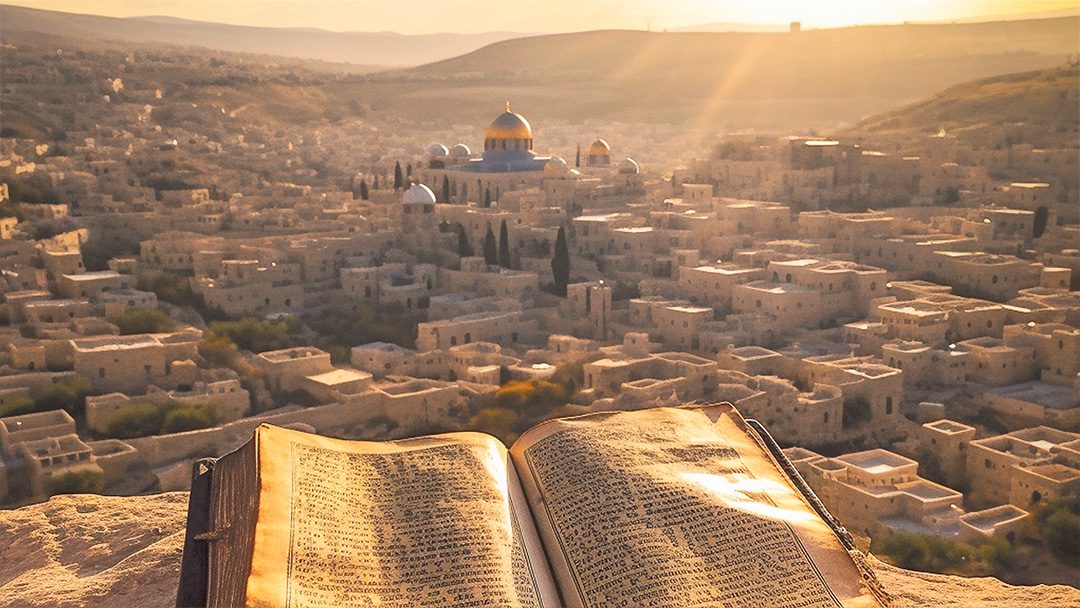Some years ago, I heard the head of an Israeli think tank say, that Jewish life is a constant tension between two, often clashing, narratives.
The continuity of Jewish values – and the value of Jewish continuity.
This construct left a deep impression and has stayed with me ever since. It encapsulates in a beautiful way, the somewhat schizophrenic existence of the Jewish People.
The tension between these two complex values is also apparent and applicable to many aspects of Israel’s existence.
There is no doubt in almost anyone’s mind that in Ukraine’s brave defence of her sovereignty, she holds the moral high ground.
Whilst this translates into backing from many countries, led by Western democracies, their support is limited
to statements of solidarity, sanctions and supplies.
Very much weakening their response, is that these elements are also accompanied by public statements, with no room for even some ambiguity, that no-one will commit troops to aid in Ukraine’s defence.
Whether Putin expected the sanctions to be as tough as they are or not, one thing he relied on, was that the world would leave the Ukrainian people to do the actual fighting with Russia by themselves. Alone.
There are clear lessons for Israel here.
Israel needs to be able to defend herself. No-one else will.
Against the background of the war in Ukraine bringing daily news of increasing horror, the new Chancellor of Germany visited Israel.
Scholz said: “We’re seriously concerned about how this conflict is going to develop. Of course, the issue now is that diplomacy gets another big chance.”
Well. Yes. But. The first and immediate issue is to stop Russia massacring Ukrainians—and what to do till diplomacy may kick in.
President Zelensky has pleaded with the world to, at a minimum, ensure a ‘no-fly zone’ over Ukraine.
Former Ukrainian Prime Minister Volodymyr Groysman (who is also Jewish) backed Zelensky’s call for a no-fly zone saying “Your blankets will not protect Ukrainians from missile and bomb attack.”
Zelensky said: “If we fall you fall”, warning Europe, he says, that if Putin was not stopped in Ukraine, other parts of Europe would soon be fighting the war between authoritarianism and democracy on their own territory.
The world however, is not prepared to risk widening the war by potentially engaging with Russia directly.
Israel is walking a tightrope, between condemning the war in Ukraine, and not harming relations with Russia.
What Ukrainian price is Western diplomacy willing to tolerate or ‘allow’ the Ukrainians to pay? And for how long?
Chancellor Scholz’s trip to Israel brought with it a deepening of the security arrangements between Germany and Israel and a strong statement when Scholz reaffirmed Germany’s commitment to Israel’s security saying: “You can rely on it. Germany will continue to be steadfast at Israel’s side.”
Wonderful. No one doubts his sincerity.
Just his judgement. And it’s practical worth.
Because, whilst still in Israel, Scholz also said, in regards to the proposed JCPOA deal with Iran: “Now is the time to make a decision. This must not be postponed any longer and cannot be postponed any longer. Now is the time to finally say yes to something that represents a good and reasonable solution.”
If Scholz believes that what is being put forward with Iran is both “good and reasonable”, one wonders just how he reconciles this with being “steadfast at Israel’s side.”
Moreover, if Germany thinks that Iran can be trusted to keep any deal… well that is Western naiveté at its most obvious.
Which highlights lesson number two—the limitations of stand-alone diplomacy and so-called deals with despotic regimes.
Ex-Israeli ambassador to the UN, Danny Danon, says that during one of his last meetings with Nobel Prize laureate Eli Wiesel, Wiesel said to him: “Promise me Danny that you will always believe more in the threats of our enemies than in the promises of our allies.”
Even more so, when these threats are uttered by countries and terrorist organisations who operate with a different world mindset, than well intentioned allies who live in some state of wishful hopefulness.
Diplomacy alone, is ineffective against countries like Iran, led by unbending leaders following a fanatical ideology, publicly promising to eliminate Israel. Something that Western eyes seem blind to.
Israel is walking a tightrope, between condemning the war in Ukraine, and not harming relations with Russia.
Amongst the many factors to consider in how and to what extent to support Ukraine, here are just two that Israel lives with.
There are significant Jewish populations both in Russia and in Ukraine.
Historically the ether in both countries has been replete with antisemitism. One saving grace is that this time however, many Israeli commentators are noting that neither side is playing the antisemitic card.
This of course, even in spite of the fact that the heroic and somewhat Churchillian President Zelensky, is openly Jewish.
So, aside from Israel’s responsibility to her citizens she needs to be very careful to not further endanger the position of either Russian or Ukrainian Jewry.
Another very serious concern is the Russian role in Syria.
Putin, with a series of understandings and arrangements that date back to Netanyahu’s time in office, has allowed Israel to operate over and in Syria. Specifically to stop Iranian-to-Hezbollah weapons transfers and other Iranian activities. For Israel it is vital that these actions be allowed to continue.
Many voices are coming out of Israel, but as Prime Minister, Bennett’s is the most critical. However, his stance, particularly on sanctions and refugee numbers, is not playing well with many Israelis, nor as well as he had hoped with President Zelensky and to some degree, America.
His mediation/facilitation role may go either way. It depends on perception and outcome.
And this against the background of a world where Israel’s allies back Ukraine with sanctions on Russia, whilst simultaneously and ironically, lifting them on Iran.
Israel is in the precarious situation of trying to be on the ‘right side of history’, but without being consigned to its dustbin.
How Israel threads the needle between the consideration of both, the continuity of Jewish values and the value of Jewish continuity, frames the complex challenges of today.
Not for the first time—nor for the last.












0 Comments